You can buy stocks online without a broker using a transfer agent, a direct purchase plan, a dividend reinvestment plan, or your company’s stock purchase plan.
Alternatively, you can use a commission-free brokerage.
Algorithms handle almost all the stock sales in today’s markets. Hence, you need no specialized knowledge or skills to trade stocks. Instead, you only need to push a button.
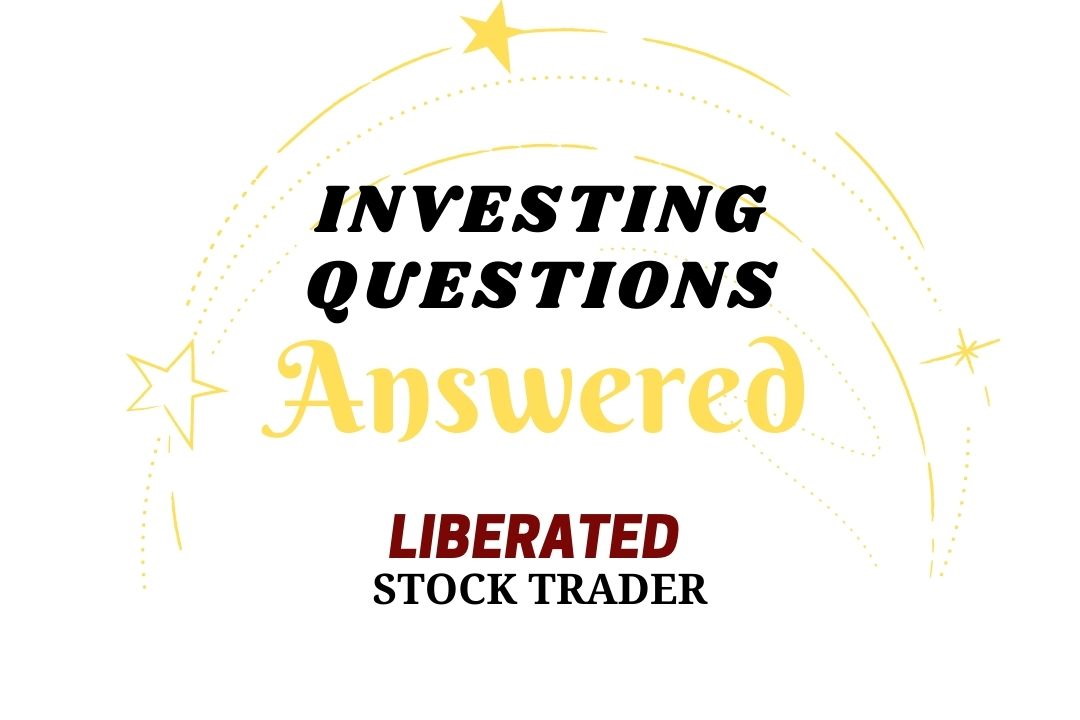
5 Ways to Buy Stocks Without a Broker
- Use a Transfer Agent like Computershare.
- Use a Direct Purchase Plan Through Your Employer.
- Use a Dividend Reinvestment Plan.
- Use your Company Stock Purchase Plan (SPP).
- Use your Company Stock Option Purchase Plan (SOPP).
How Can You Buy Stock Online Without a Broker
You can bypass a broker and buy stock using a transfer agent, but the costs can be high. You can use direct purchase plans or stock purchase plans, but you need to be an employee of the company. Honestly, you are better off using a broker that offers $0 commission for trades for flexibility, liquidity, and no costs.
The Problem with Buying Stock without a Broker
Significant obstacles can prevent the average investor from participating in the stock market. For instance, transaction fees, hidden costs, and trading fees can significantly erode your profits. Moreover, brokerages, exchanges, and regulators frequently impose stringent restrictions on individual traders.
Thus, always research stock purchases carefully before entering the market. A little knowledge can help you avoid high fees and ridiculous restrictions.
Do I Need a Broker to Buy Stock?
No, you do not need a broker to buy stock. However, most people need a brokerage account to buy and sell shares.
A broker is an investment professional with licenses to trade stock and gives financial and other advice. On the other hand, a brokerage is an organization with the legal right to trade stocks in exchanges.
A brokerage account is a gateway that gives customers access to the exchange. Therefore, anybody can buy stock through a brokerage account.
Historically, only rich people and investment professionals could access the stock markets directly. Under those circumstances, most people needed a broker to trade stocks. The broker purchased the stock on the individuals’ behalf.
Why Do I Need a Brokerage Account but Not a Broker?
Many brokerages will make brokerage accounts available to anybody with the money to pay for stocks. Companies like Firstrade and Charles Schwab are selling brokerage accounts to the public. In addition, app-based solutions like Robinhood and Acorns are brokerages investors access via an app. Such companies are technically brokerages but allow individuals to make direct stock purchases.
However, many brokerages have brokers available for advice or help. On the other hand, most stock purchases made through so-called discount brokerages online are direct individual purchases.
Traditional stockbrokers are very rare in the modern world. Instead, most professionals are investment advisers who offer a wide variety of services, including financial and retirement planning and tax advice.
5 Reasons To Open A Brokerage Account?
Now that many brokerage services offer commission-free stock trading, there are no reasons to avoid brokerages.
- If you choose the best broker with commission-free trading, you avoid all costs of buying and selling stocks and ETFs.
- Good brokers complete your end-of-year tax forms and allow you to perform tax-loss harvesting free of charge.
- You get access to highly efficient and liquid markets, allowing you to sell quickly and effortlessly.
- All good brokerage accounts allow you to re-invest your dividends automatically.
- The spread between bid and offer prices with mainstream brokerages is negligible; this saves you money.
Can I Buy Stocks Without a Brokerage Account?
Yes, you can buy stocks without a broker or a brokerage account using a Transfer Agent, a Direct Purchase Plan, a Dividend Reinvestment Plan, or a Company Stock Purchase Plan.
However, today’s market limits the variety and amount of stocks you can buy without a broker.
Generally, people who do a lot of stock trading use a brokerage account because it makes life easier. Specifically, you can buy or sell stock quickly through a brokerage, and most brokerage accounts let you buy most stocks that trade on big exchanges.
However, there is no law against an individual purchasing stock directly from a company or owner. Indeed, there are legal mechanisms that allow private individuals to buy stock directly without a brokerage account.
Therefore, you can purchase stocks online without a brokerage account. In fact, some services allow you to buy shares of stock directly from companies. Most of these services will allow individuals with a bank account or credit card and an internet connection to buy stock.
Additionally, some companies sell their stock directly to the public. However, most companies use services like Computershare to sell that stock.
How to Buy Stocks Without a Broker
There are a few ways that almost anybody can buy stocks without a brokerage account. Some companies allow individuals to purchase their stock directly through special programs. Specifically, many companies allow employees to purchase stock without a fee.
For instance, companies like the giant American grocer Kroger (NYSE: KR) allow any employee to purchase stock. Notably, union contracts at some companies require management to make stock available to all regular employees or union members.
Stock options, the right to purchase stock without a fee, is a popular fringe benefit at many companies. Many executives take most of their pay in the form of stock options.
Beyond dividends, some plans allow you to purchase specific stocks without a brokerage account. The advantage of these arrangements is that you can buy stock without paying a fee. The drawback to such schemes is that they usually limit you to purchasing one specific stock.
Dividend Reinvestment Plans (DRIPS)
For instance, a Dividend Reinvestment Plan, popularly called a DRIP, allows stockholders to purchase additional shares with dividends.
The advantage of a DRIP is that you can compound your dividends into more stock. The disadvantage of DRIPs is that the amount of stock you purchase can be small.
Generally, a DRIP will only pay off if you plan to keep the stock for a long time. To explain, it will usually take several years to purchase a significant amount of stock with a DRIP. In fact, most DRIPs purchase fractions of stock.
Moreover, you should find a no-fee DRIP. Most dividends are so small any fee will eat up most of your gains. Taxes are another potential problem with a DRIP because you could pay income tax on dividends you never receive.
Finally, a company’s management can end a dividend whenever it wants. Therefore, a DRIP is not a guaranteed source of additional stock.
My thorough testing awarded TradingView a stellar 4.8 stars!
With powerful stock chart analysis, pattern recognition, screening, backtesting, and a 20+ million user community, it’s a game-changer for traders.
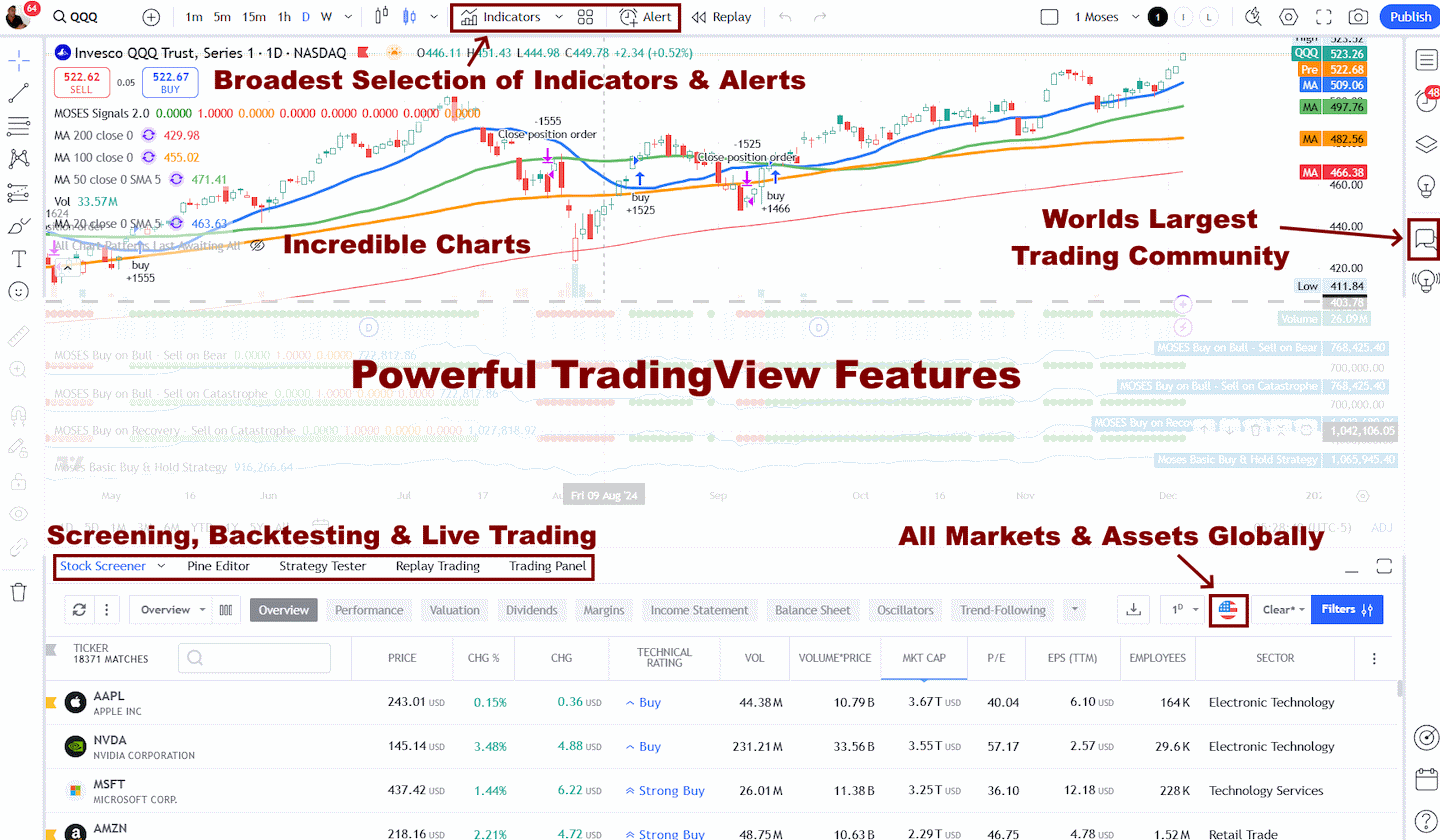
Whether you're trading in the US or internationally, TradingView is my top pick for its unmatched features and ease of use.
Explore TradingView – Your Gateway to Smarter Trading!
Direct Purchase Plans
A direct purchase plan lets you buy stock directly from a company without a fee. Historically, some companies sold stock directly to members of the public for cash. In addition, many companies allow employees to buy stock with a portion of their salary. Generally, direct purchase plans deduct stock purchases from an employee’s pay. Thus, a direct purchase plan can limit your take-home pay.
If you work for a publicly traded company, you can ask if a direct purchase plan is available. Moreover, some companies and services allow individuals to purchase shares of stock directly.
Pros and Cons of Direct Purchase Plans for Stocks
Many direct purchase plans allow you to purchase a specific amount of stock each month. You can also automate direct purchase plans by setting up recurring withdrawals from your checking or savings accounts.
Such plans are advantageous because you can buy a stock over time with little or no hassle. The disadvantage is that it will lock you into purchasing a stock even if its price falls.
Another disadvantage is that you could limit your income. Finally, you cannot take advantage of opportunities in the market with direct purchase money. For instance, you could miss a great price on another stock you like.
Pros and Cons of Buying Stocks Without Brokers
The biggest advantage of buying stocks without a broker is that you will not pay a fee. Thus, they invest all the money you spend in the stock.
The greatest drawback of buying stocks without a brokerage account is that you could have difficulty selling the shares. Most traders maintain a brokerage account because it allows them to sell shares quickly.
For instance, finding a buyer for the shares is difficult without access to exchanges. Significantly, a brokerage account will connect you directly to an exchange and tens of thousands of potential buyers.
Thus, buying stocks for speculation without a brokerage account is disadvantageous. In addition, most modern trading strategies require a brokerage account. For instance, you cannot perform short-selling unless you can sell stock instantly.
Buying Stock without a Broker Could Be More Profitable
Buying stocks without a brokerage account could help investors make more money—for instance, value investors who execute a long-term buy-and-hold strategy and persons saving for retirement.
Generally, the longer you plan to hold the stock, the more sense a direct purchase makes. Buying stocks directly makes more sense for long-term investors.
To explain, they design drips to take advantage of a strategy known as compounding. Compounding means you use gains to buy more of an investment. For instance, compound interest means all interest goes back into the account to increase your money. Hence, the funds in the count and future interest gains will grow.
A DRIP can allow you to use dividends like compound interest. Instead of receiving cash, the dividends buy more stock. Thus, you can collect more dividends because you will own more stock. Therefore, a DRIP can help you save for retirement by accumulating a larger portfolio.
Investing In Stocks Can Be Complicated, Stock Rover Makes It Easy.
Stock Rover is our #1 rated stock investing tool for:
★ Growth Investing - With industry Leading Research Reports ★
★ Value Investing - Find Value Stocks Using Warren Buffett's Strategies ★
★ Income Investing - Harvest Safe Regular Dividends from Stocks ★
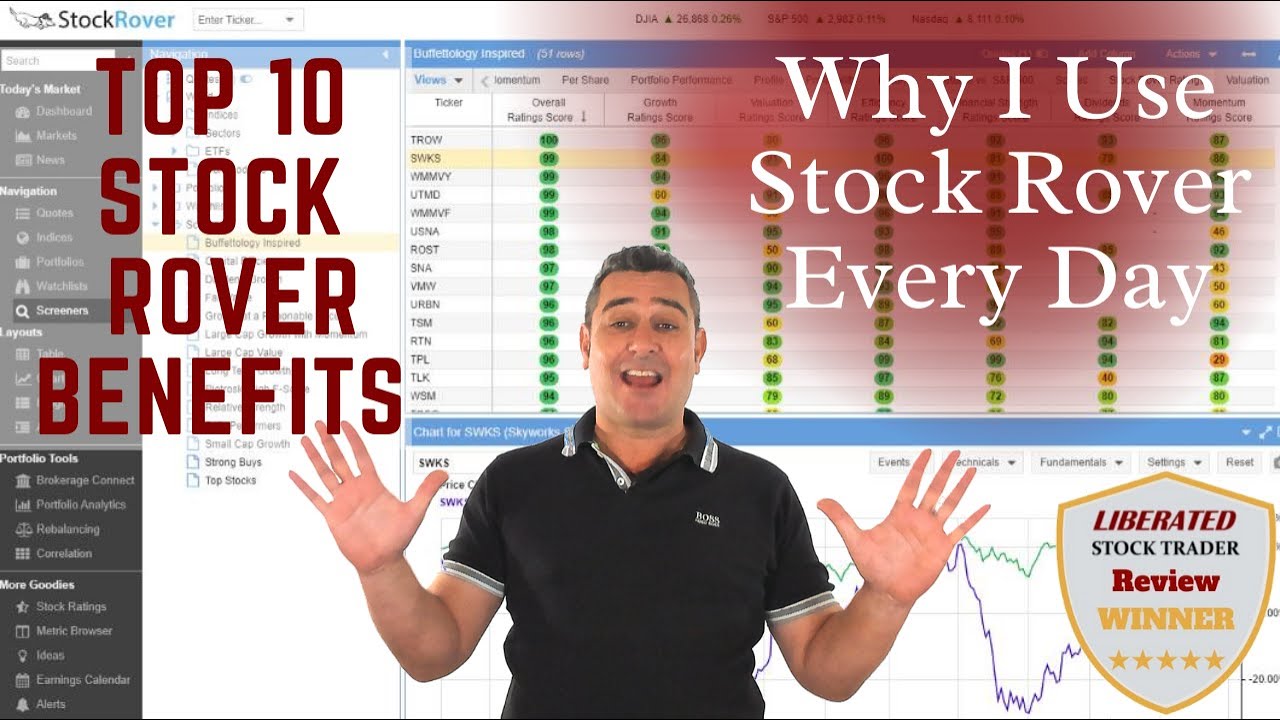
"I have been researching and investing in stocks for 20 years! I now manage all my stock investments using Stock Rover." Barry D. Moore - Founder: LiberatedStockTrader.com
Cons
The greatest disadvantage to direct stock purchase programs and DRIPS is that you could make less money with such strategies.
For instance, you will have difficulty taking advantage of opportunities like new IPO stocks. Moreover, you could have a harder time getting rid of money-losing shares.
In particular, you cannot quickly dump shares that perform poorly. Thus, you can lose a lot of money if you invest in the wrong stocks.
Plus, you will miss out on the fun of trading stocks. If you enjoy the thrill of trading and buying new stocks, buying shares without a broker is a bad idea.
Firstrade is our Best Stock Broker Review Winner, Offering Thousands of Commission-Free ETFs and stocks.
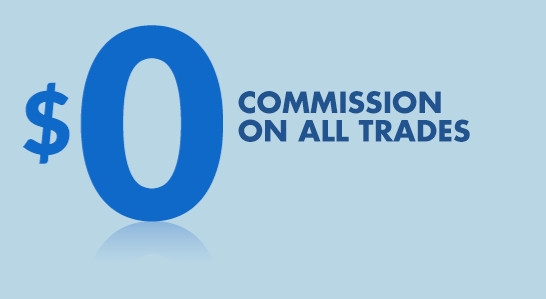
Buying Stocks With and without a Brokerage Account could be a good idea.
Conversely, buying a few stocks without a brokerage account can help you keep some of your money safe. To explain, you could buy stocks for retirement savings directly while using a brokerage account for trading.
Thus, you could make money in the market in two ways. First, you could profit from market movements using strategies like short-selling. Second, you could profit from dividends and long-term growth using compounding.
Hence, a good strategy is to use directly purchased or DRIP stocks for retirement and a brokerage account for trading. This strategy allows you to have fun in the markets while keeping your nest egg safe.
An obvious disadvantage to this strategy is that gains from market movements will not grow your nest egg. However, you can increase your nest egg by periodically cashing out some shares in your brokerage account and buying more stock directly.
Thus, you can have the best of both worlds by buying stocks with and without a brokerage.
How Can I Sell Stocks Without a Broker?
Unfortunately, selling stock without a broker or a brokerage account can be difficult. This is because most people buy stocks through brokerage accounts.
Generally, you cannot access an exchange without a brokerage account. Thus, putting stocks before would-be buyers without such an account is impossible.
Therefore, to sell stocks without a broker, you will need to locate the company’s transfer agent that issues the stock. To explain, the transfer agent has the legal power to sell the stock and access an exchange or a brokerage account.
You can usually locate the transfer agent handling a stock by going to the investor relations section of a company’s website. There should be a direct link to the transfer agent on the company’s website.
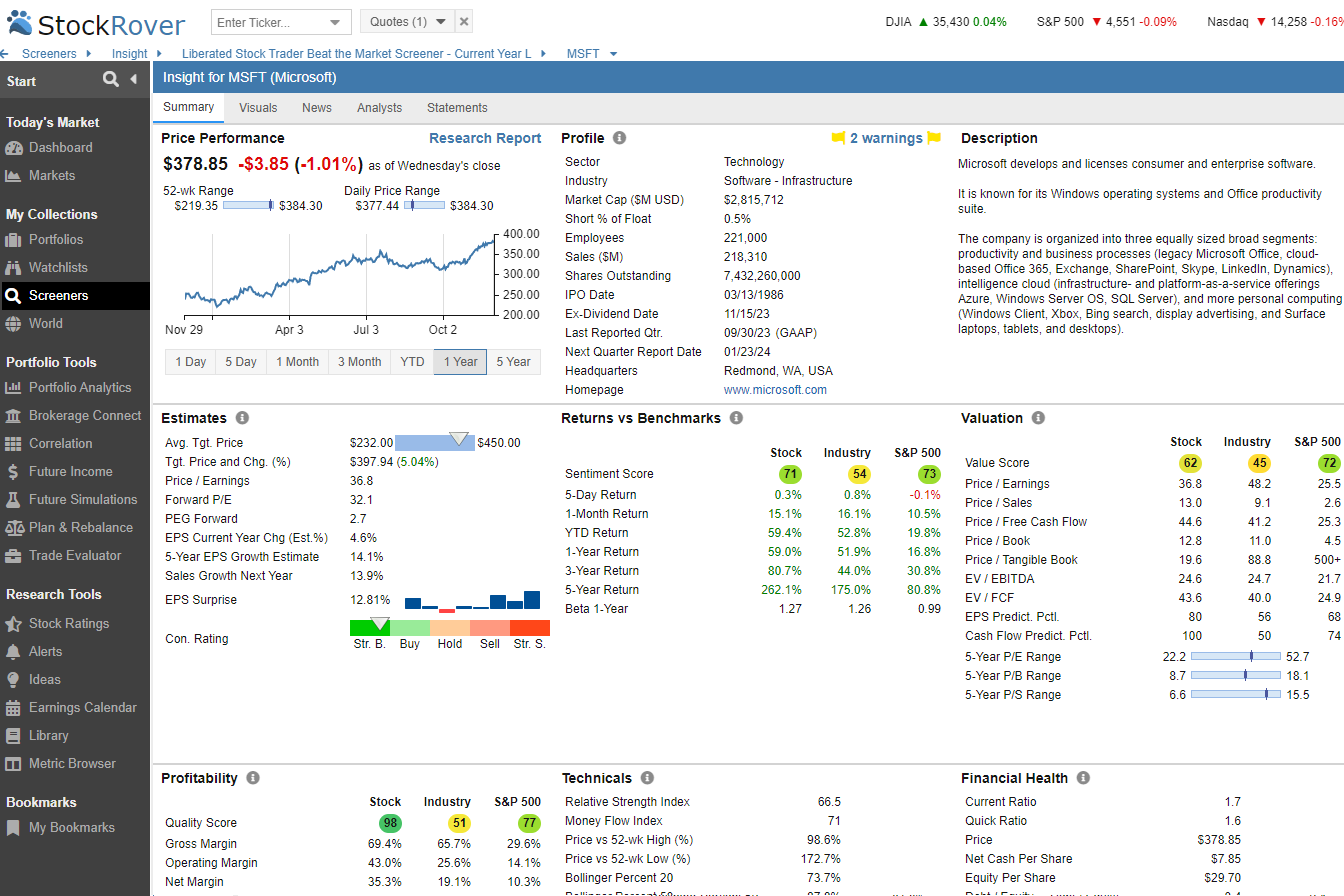
Try Powerful Financial Analysis & Research with Stock Rover
How to Sell Stocks with a Transfer Agent?
On the positive side, a transfer agent will handle all the details of selling the stock. On the negative side, a transfer agent usually charges a higher fee than a brokerage. Hence, selling shares through a brokerage account often makes more money.
Additionally, a transfer agent can take several days or longer to sell a stock and send you the money. Therefore, you could use a brokerage account to sell shares quickly.
Fortunately, online brokerages like Firstrade or Charles Schwab let you set up accounts quickly. However, you must meet all the requirements of these brokers.
Given these circumstances, buying stocks without a broker is not a good idea if you might need to cash out shares quickly. Additionally, it would be best to always ask how to sell stocks when buying shares directly.
How To Sell Stocks Through a Direct Purchase Plan?
Conversely, selling stocks through a direct purchase plan is easy. Typically, you only need to notify the plan’s administrator that you want to sell the stock to unload shares.
Moreover, many direct plans will have apps that enable you to sell on their websites. You must be cautious when using such apps because they can charge a fee or penalty for selling stock.
Furthermore, if you sell fractional shares of stock, you can receive a fraction of the equity’s value back. Thus, investing money you could need soon in a direct purchase plan is not a good strategy. Instead, you could save money by using a traditional brokerage account.
Selling Stock Directly without a Broker
It is possible to sell stocks directly to another person if you have the actual stock certificates in your possession.
Unfortunately, most of today’s stocks exist only as digital investments. In fact, it takes a special request to get a paper stock certificate sent to you. Getting such a stock certificate is a hassle because the issuing company will probably have to print it up for you.
However, if you have a paper certificate, you can sign the stock over to another person, like a car title. Note that you could need to get the signature witnessed or notarized for a stock sale to be official. In addition, you could have difficulty locating a lawyer or broker who knows how to deal with paper stocks.
How to Buy Apple Stock Without a Broker
You cannot buy Apple (NASDAQ: AAPL) stock without a broker or a brokerage account. Moreover, Apple does not offer a dividend reinvestment program (DRIP) or a direct purchase program.
However, you can purchase Apple stock from almost every online brokerage, so you will have no problem adding Apple to your portfolio.
How to Buy Ford Stock Without a Broker
You can purchase Ford (NYSE: F) stock without a broker or a brokerage account. To buy Ford shares directly, contact Ford’s transfer agent, Computershare. The best way to contact Computershare is usually through its website. However, you can telephone or email the Ford Team at Computershare directly.
How to find out if you can purchase stock directly
It is very easy to learn if a company offers direct purchases of its stock by going to its website. Simply find the investor relations portion of the website and look for frequently asked questions or FAQs.
Usually, one question will tell you if the company offers a direct stock purchase. Moreover, the FAQ usually tells you how to buy stock directly if the company offers a direct purchase option or a DRIP.
Furthermore, you can learn about direct purchase options by typing the company’s name and the world’s buy stock directly into a search engine. Search engines like Google can take you straight to the direct purchase information on the company’s website.
Which Stocks Can I Buy Without A Broker?
Notably, many companies no longer offer a direct stock option. However, many corporations still offer direct stock purchases.
Generally, the easiest way to locate stocks with a direct purchase option is to go to the websites of transfer agent companies like Computershare. Such companies usually list all the direct purchase stocks available on their websites.
US Stocks You Can Buy Without a Broker:

- The 3M Company
- Apache Corporation
- Apollo Commercial Real Estate Finance Inc.
- Bank of America Corp
- American Greetings Corp
- Callaway Golf Company
- CenturyLink Inc.
- ConAgra Brands, Inc.
- Chubb Limited
- Cracker Barrel Old Country Store
- Duke Energy
- Exxon-Mobil Corporation
- General Mills, Inc.
- Honeywell International
- Kellogg Company
- Manpower Group Inc.
- Morgan Stanley
- Norfolk Southern Corporation
- Raytheon Company
- The Bank of New York Mellon
- The Charles Schwab Company
- Union Pacific Corporation
- United States Steel Corporation
- Xerox Corporation
- Zions Bancorporation
Note: you must check each company’s website directly to see if a direct purchase is available. In addition, transfer agents like Computershare post lists of direct purchase stocks on their websites.
Why do I need a Stock Broker?
Today, buying and selling stocks through a brokerage account is easier, cheaper, and faster than purchasing directly. You will need a brokerage account if you plan to own more than a few shares in one company.
There are many good reasons you will need a brokerage account. First, there are many stocks like Facebook, Apple, Amazon, Netflix, and Google (known as FAANG Stocks) that you cannot buy without a brokerage account. You can only purchase many of today’s most popular stocks with a broker.
Second, many discount brokers charge very low fees for stock purchases. In addition, solutions like Robinhood claim to offer no-fee stock transactions. Thus, it will not cost much to buy, sell, and stock.
Third, many of today’s brokerage accounts allow you to instantly buy and sell stocks, so you can sell stocks for cash quickly in an emergency.
Hence, many retail investors can only afford to invest in stocks through brokerage accounts.
Finally, today’s brokerage accounts include many algorithms and automated tools to do almost everything direct purchase plans can. For instance, many brokerage accounts offer fractional stock purchases, automatic withdrawals from checking accounts, and dividend reinvestment options.
Under these circumstances, most traditional advantages of direct stock purchases and selling shares yourself no longer exist. Therefore, the average investor does not need to buy stocks without a broker or a brokerage account.
Are You Looking For Stock Investing & Trading Software? Here Are My Favorites.
My favorite software for trading is TradingView because it does everything well. It has backtesting, great charts, stock screening, and an active community of over 3 million people sharing ideas, plus a free plan available globally.
My favorite software for investing is Stock Rover, as it specializes in deep fundamental financial screening, research, and portfolio management. It is the ideal platform for dividend, value, and growth investing.
My favorite software for stock market news is Benzinga Pro, with its super-fast real-time news engine, squawk box, and news impact ratings.
My favorite AI trading software is TrendSpider which enables automatic pattern recognition for Trendlines, Candlesticks, and Fibonacci levels. Trade Ideas uses AI to generate high probability daily trading signals for auto-trading.
My favorite stock-picking service is Motley Fool Stock Advisor, which has a proven track record of beating the market with excellent stock research reports.
Read the Full Top 10 Stock Market Software Testing & Review

Thank you very much, this is a good article explaining all available options for buying stocks without commissions) I was interested in the offer to buy through a broker without commissions. I will study!
thank you i found your article very informative for a novice
Thank you for sharing about how to buy stocks online without a broker with 21 tips, these will be really helpful for me. I love reading this blog; it talks so much about planning a great idea about it. Keep sharing such informative articles in the future, will be appreciated.
Awesome content, thanks for sharing with us, its very useful for beginners
Unfortunately, when you buy stock through a brokerage they will keep it in street name and not let you have the stock directly. This way there can be a time lag between when the company issues reports or proxy material and when you receive the material. I have received proxy material quite close to the annual mtg date and I own my stock.